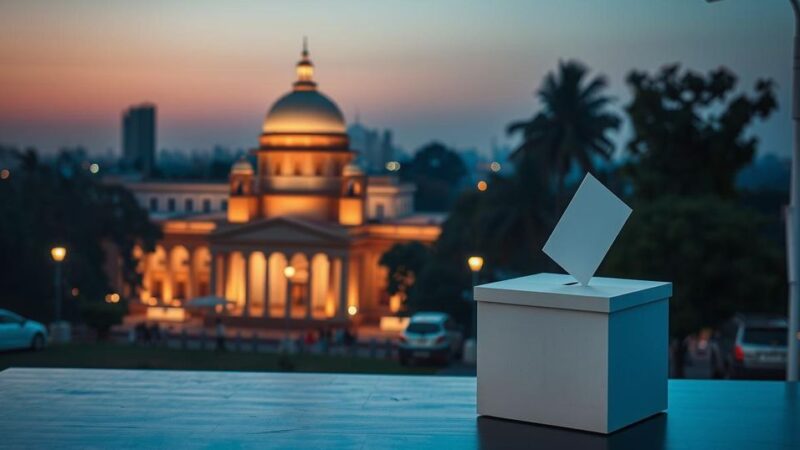On October 1, protests in Nigeria against economic hardship and mismanagement faced severe repression, including arrests and excessive force. Amnesty International criticizes the government’s approach, underscoring the need for the release of detained protesters and a halt to the crackdown on dissent. The economic situation remains dire, significantly affecting the populace’s ability to meet basic needs.
On October 1, 2023, peaceful protests against Nigeria’s economic hardship and poor governance were met with intense repression by security forces. Isa Sanusi, Director of Amnesty International Nigeria, condemned the excessive use of tear gas and arbitrary arrests during the protests, particularly in Abuja. Protest organizers faced arrests in several cities, raising concerns over the Nigerian authorities’ ongoing crackdown on dissent and suppression of fundamental human rights.
The allegations have intensified, with five protest organizers still detained in Abuja under undisclosed conditions without access to legal counsel or family members. This reflects a blatant disregard for human rights amid a severe crackdown on dissent, highlighting the urgent need for the authorities to halt these repressive measures. Additionally, the government must heed the growing public disdain for its handling of the ongoing economic crisis.
The economic situation in Nigeria is dire, with inflation on food reaching 36%, exacerbated by the recent removal of fuel subsidies. This crisis has pushed millions into poverty while government promises to rectify these issues remain unfulfilled. Protests arose in response to widespread discontent over the unaffordability of basic necessities like food, healthcare, and education.
Amnesty International Nigeria is calling for the immediate and unconditional release of all individuals arrested during the protests, asserting that unfounded charges of treason against participants from previous protests should also be dropped. The authorities are urged to stop using security forces to undermine citizens’ right to peaceful assembly and pay attention to legitimate grievances.
Nigeria is enduring its most significant economic crisis in three decades, characterized by soaring inflation and increasing poverty levels among the population. The removal of fuel subsidies in May 2023 has intensified the financial burden on citizens, resulting in widespread protests against soaring living costs and allegations of government corruption. These protests highlight the urgent need for the government to address public concerns seriously and constructively.
The Nigerian authorities must acknowledge the critical situation facing the populace and cease their repressive tactics against peaceful demonstrations. Ensuring freedom of assembly and addressing the real grievances of citizens are essential for restoring trust and stability in the country. A commitment to human rights is paramount during this period of crisis.
Original Source: www.amnesty.org






